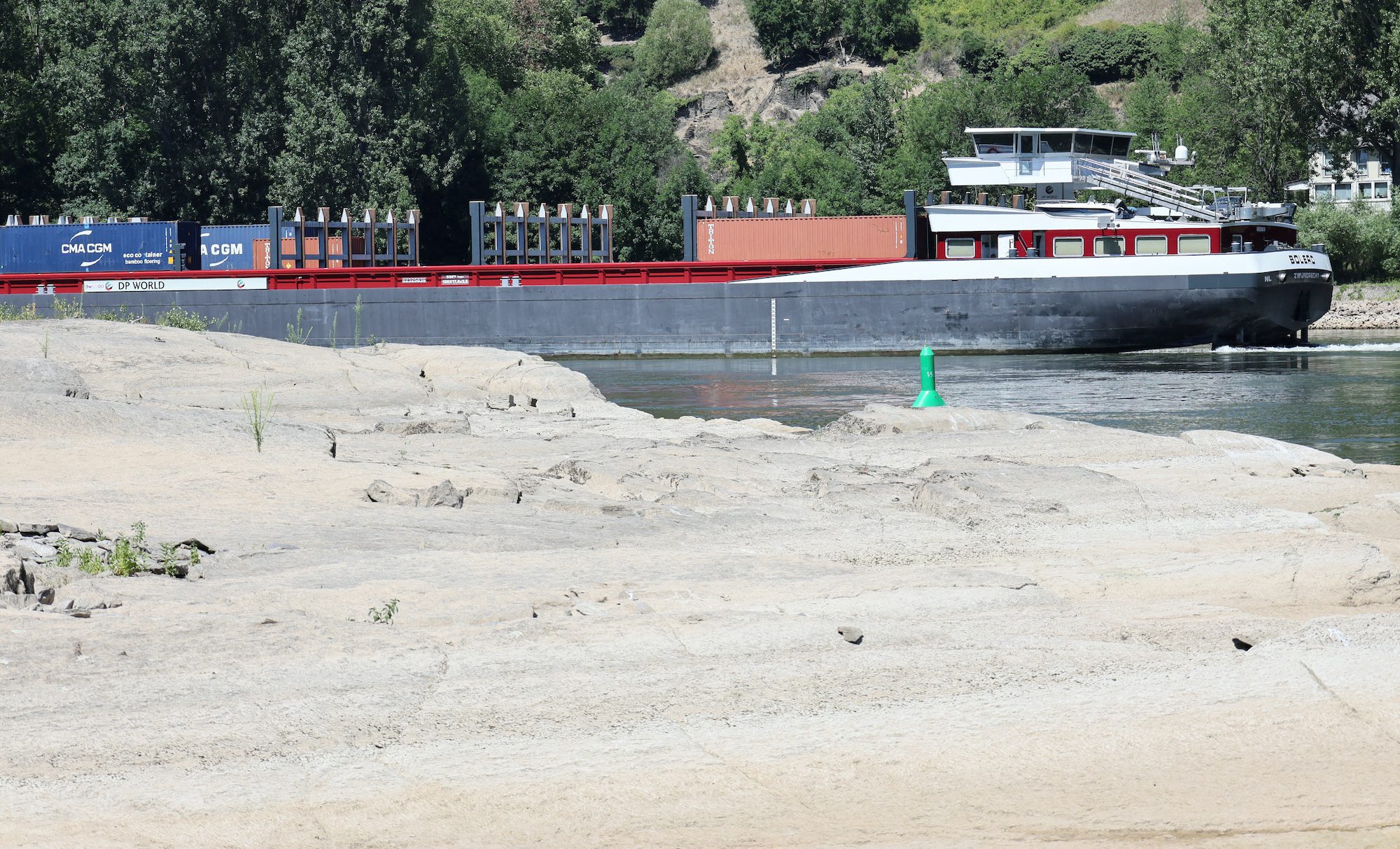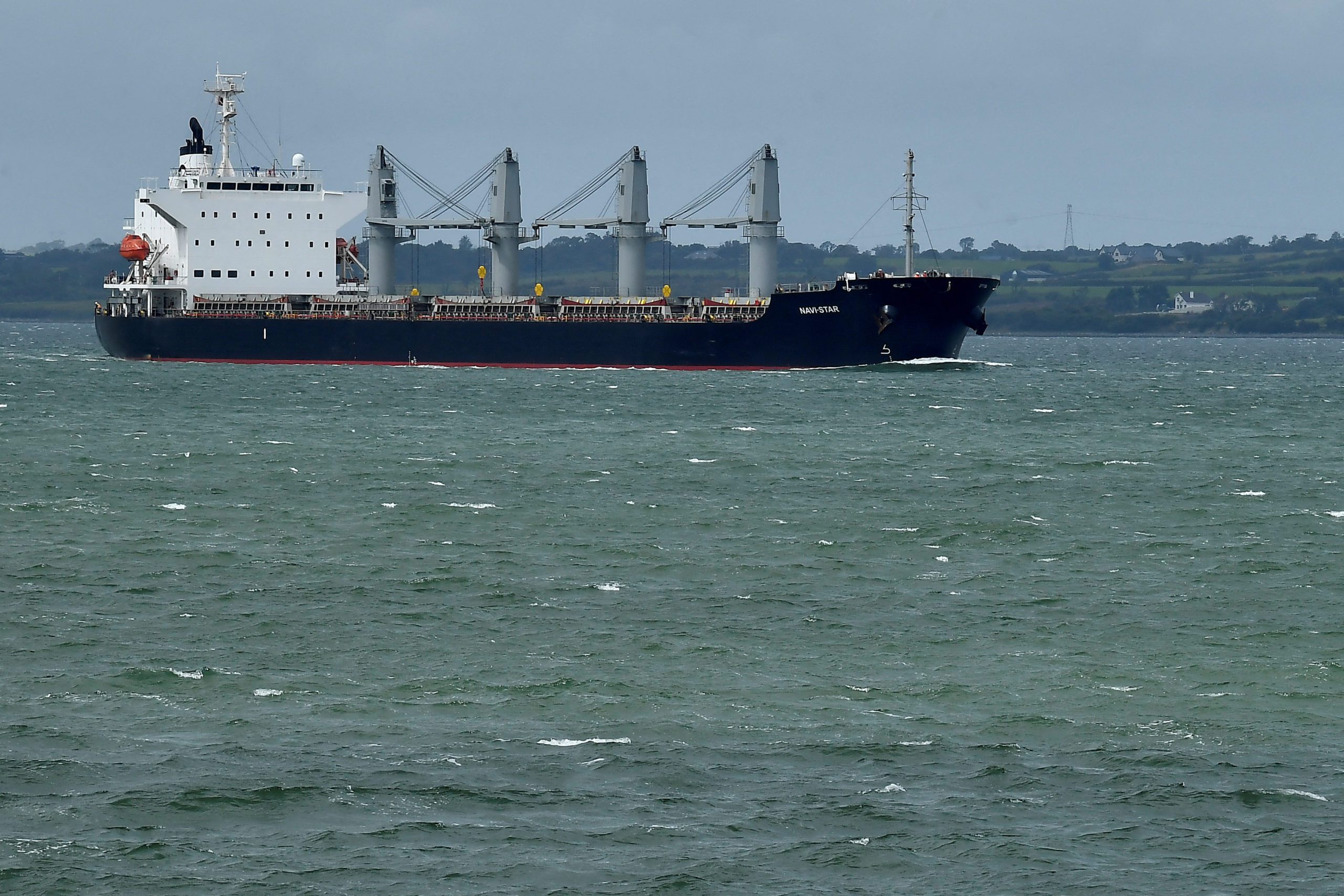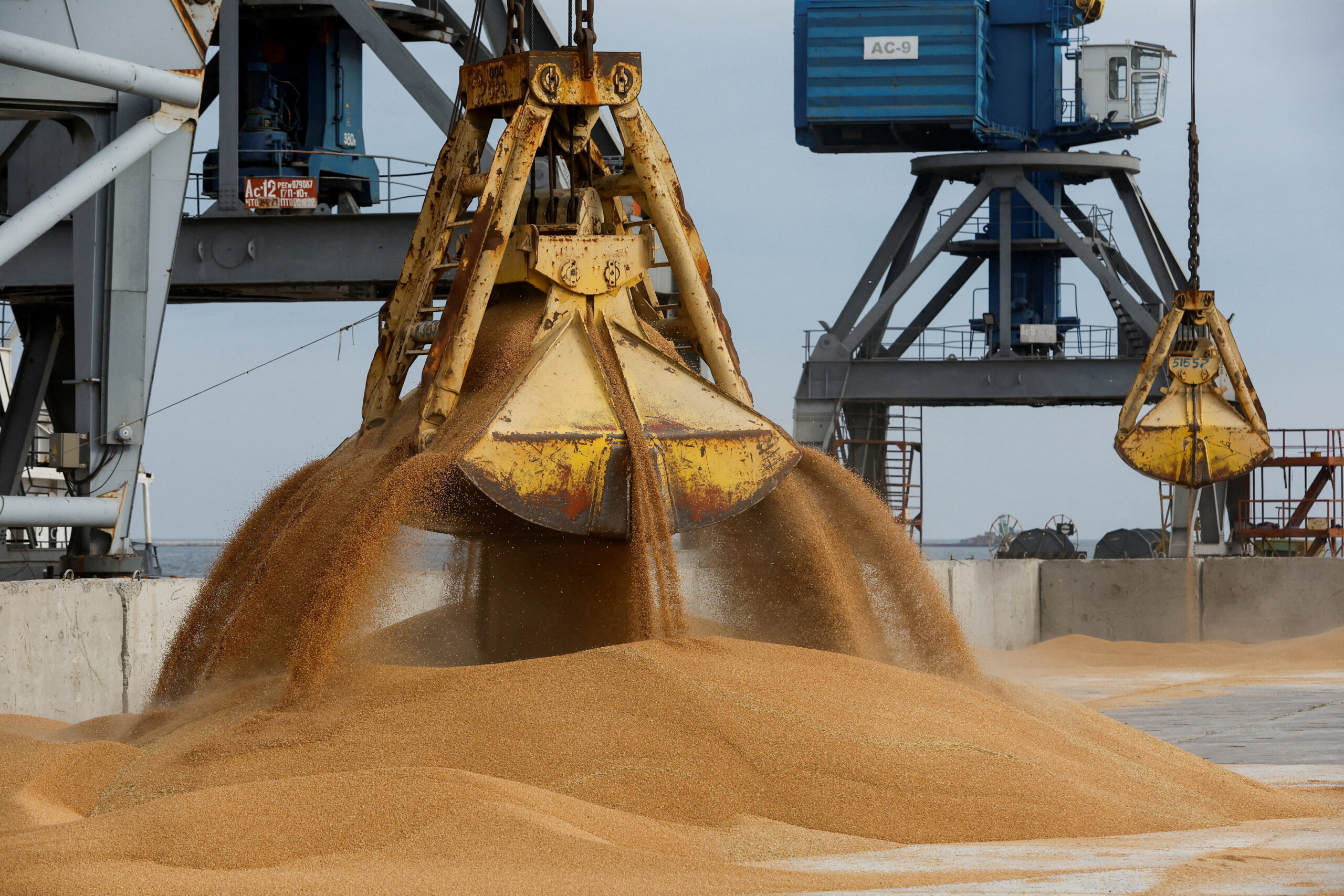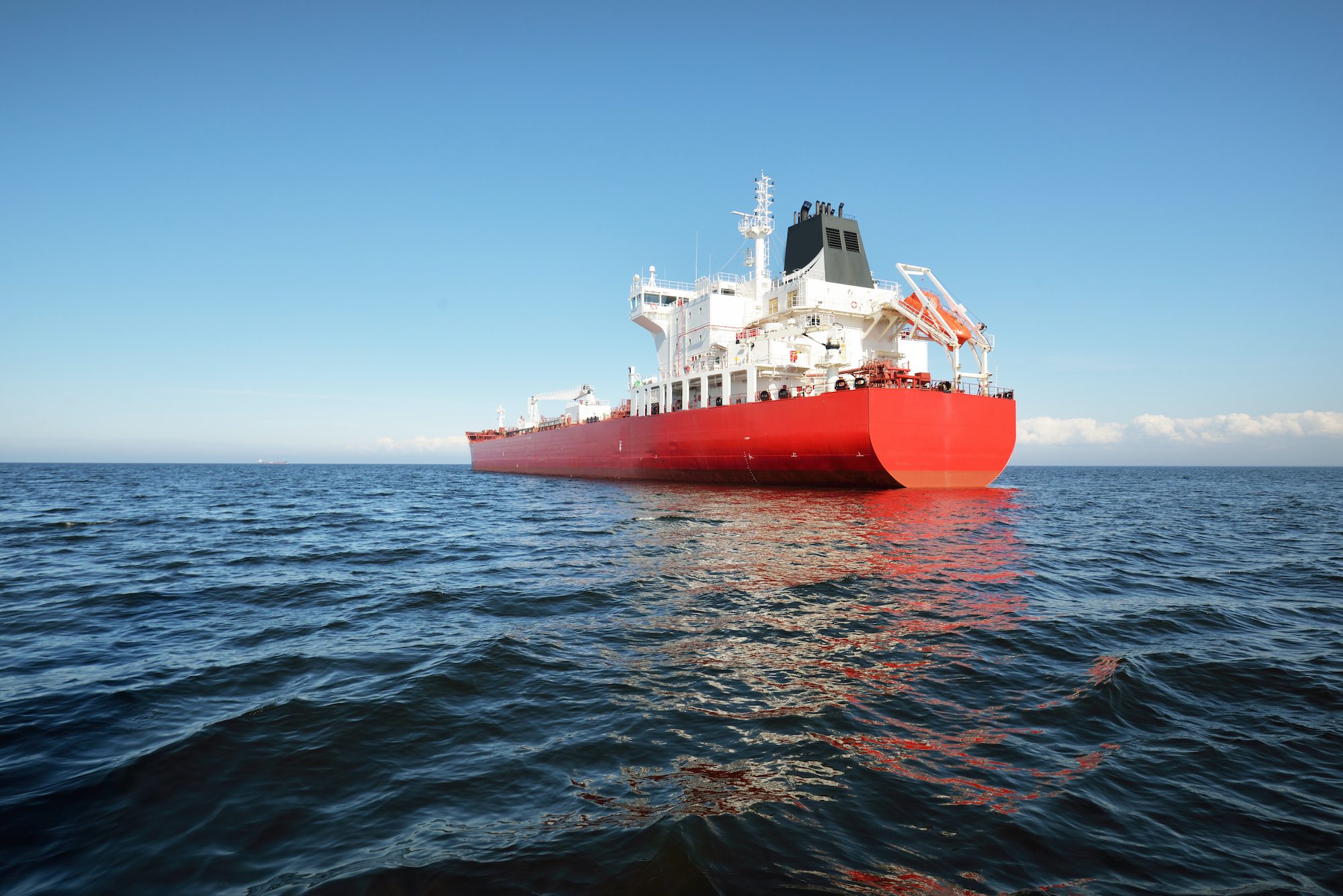Europe’s warm and dry winter weather has decreased demand for LNG ships and a lack of snow could lower the spring water levels of major rivers like the Rhine and Danube, potentially halting vessel movement.
By Gavin Maguire (Reuters) – Record warm temperatures across Europe this winter have been celebrated for helping to avert a potential power crisis across the region, which continues to face sharply lower natural gas supplies following Russia’s invasion of Ukraine last year.
Mild conditions from Paris to Prague this winter have cut demand for heating and allowed utilities to fill natural gas storage sites to the brim, providing a buffer against lower pipelined supplies and driving heating fuel prices lower.
In turn, Europe’s reduced reliance on gas imports so far this winter has also blunted Russian President Vladimir Putin’s leverage over major European gas consumers, some of whom are now starting to see power bills ease from last year’s peak thanks to the steady climb in gas inventories across the continent.
Also Read: U.S. Poised to Retake Crown as World’s Top LNG Exporter
However, the balmy conditions – which some meteorologists have described as the worst winter heat wave on record – come with a downside: Sharply lower snow cover and rainfall that leave the region vulnerable to drought, reduced hydropower generation potential, and possible logistical challenges on key river systems later in 2023.
TOASTY
Since the end of September 2022, average temperatures in Germany – Europe’s largest gas consumer – have been 25% or 1.58 degrees Celsius above normal, according to data from Refinitiv.
Temperatures averaged 29% (2.3 degrees) above normal during October and November, as the country braced for its first winter without steady Russian gas supplies since Putin authorised a “special military operation” against Ukraine in February.
Combined with reduced gas consumption by factories and industry, the sustained stretch of mild weather helped conserve Germany’s gas supplies, and allowed utilities to keep gas inventories at more than 80% of capacity throughout the final quarter of 2022, versus less than 50% at the end of 2021.
Elsewhere in Europe, the warm weather has also left its mark.
In Switzerland – one of Europe’s top winter sports destinations – many ski resorts have been forced to close due to a lack of snow.
In Poland, ski jumping competitions have been cancelled, while the mountains above the Bosnian capital Sarajevo – which hosted the Olympic Winter Games in 1984 – were nearly completely without snow so far in 2023.
KINDLING
Beyond lost tourism revenues, the unusually low snow totals and warm temperatures pose a potential threat to several European sectors later this year.
For power producers, the low snow totals come on the back of a drier-than-normal 2022, and leave hydro power production potential sharply below normal in several key countries.
In France – mainland Europe’s top hydro power producer – cumulative precipitation that could be harnessed for hydro power generation was 41% below the long-term average as of the end of 2022, according to data from Refinitiv.
Germany, Switzerland, Italy, Austria and the Danube catchment area also recorded double-digit precipitation shortfalls, potentially curtailing a key source of emissions-free power in 2023.
Europe’s farmers will also be affected by the lack of snow this winter.
Much of the region’s farmland has been left as bare as the ski slopes, deprived of beneficial snow cover that protects dormant winter crops against cold snaps that can kill plants before they have had time to fully develop in the spring.
The lack of snow also poses a risk for spring-planted crops, which rely on snowmelt to provide crucial soil moisture for the start of the growing season.
Without snow melt – which softens soils gradually as compacted snow and ice thaws – farmland is at risk of flooding once spring rains arrive, as dry soils can often create a barrier to rainfall if left without moisture too long.
LOWER, AND WARMER, RIVERS
Low snow totals and above-normal temperatures also pose a risk to Europe’s river systems, which are vital trade arteries and provide critical cooling water for several nuclear reactors, especially in top nuclear power producer France.
Last July, a prolonged heat wave pushed river temperatures above the level that can help cool reactors, and forced power producers in France to curb nuclear output.
If snow totals remain well below usual, river temperatures may stay warmer than normal in 2023 and pose a fresh risk to nuclear operators. If nuclear power output is curtailed again, European utilities may be forced to burn more fossil fuels to generate power instead, producing additional emissions.
Dry conditions also slowed river freight in 2022, as several major rivers including the Rhine and the Danube dried up in key areas, preventing ship movement.
Also Read: Rhine Water Level Set To Fall Again At Key German Chokepoint
As trading firms use the rivers to move grain, fuel and finished goods, any further drops in river levels may snarl Europe’s key logistics channels for a second straight year.
So while the current mild weather is viewed by some as having prevented a deeper power crisis stemming from gas shortages, the low snow and rain totals this winter may themselves pose an even greater risk if the warm and dry conditions continue.
Also read: Low Water on Danube River Reveals Sunken WW2 Warships
By Gavin Maguire; Editing by Himani Sarkar, Reuters

 Join The Club
Join The Club












